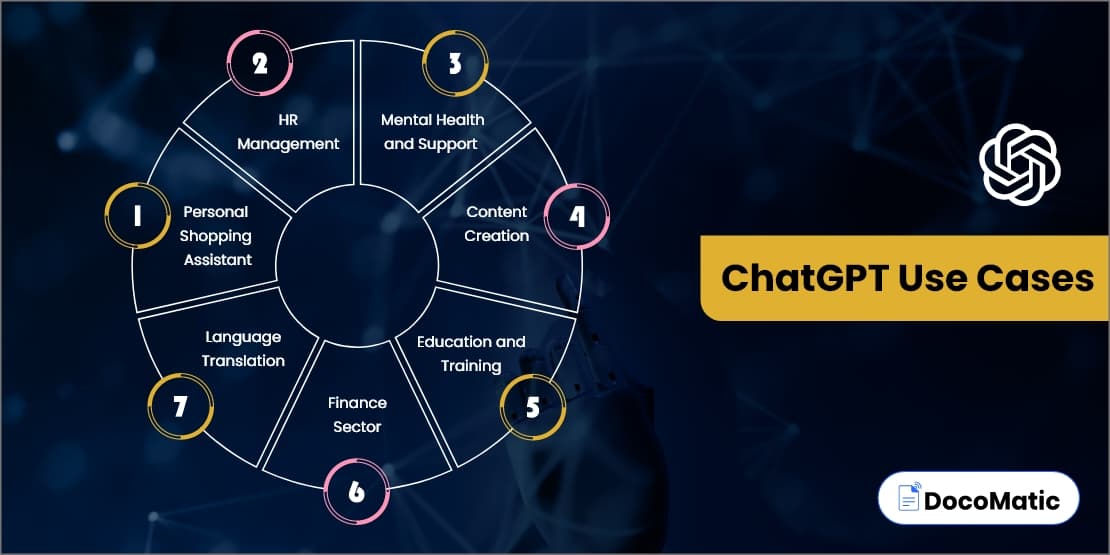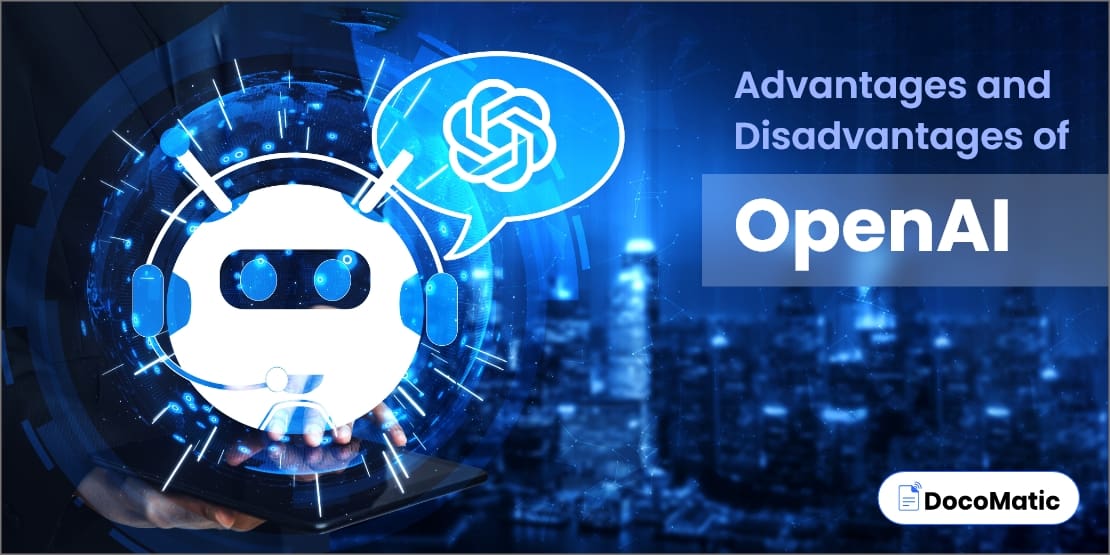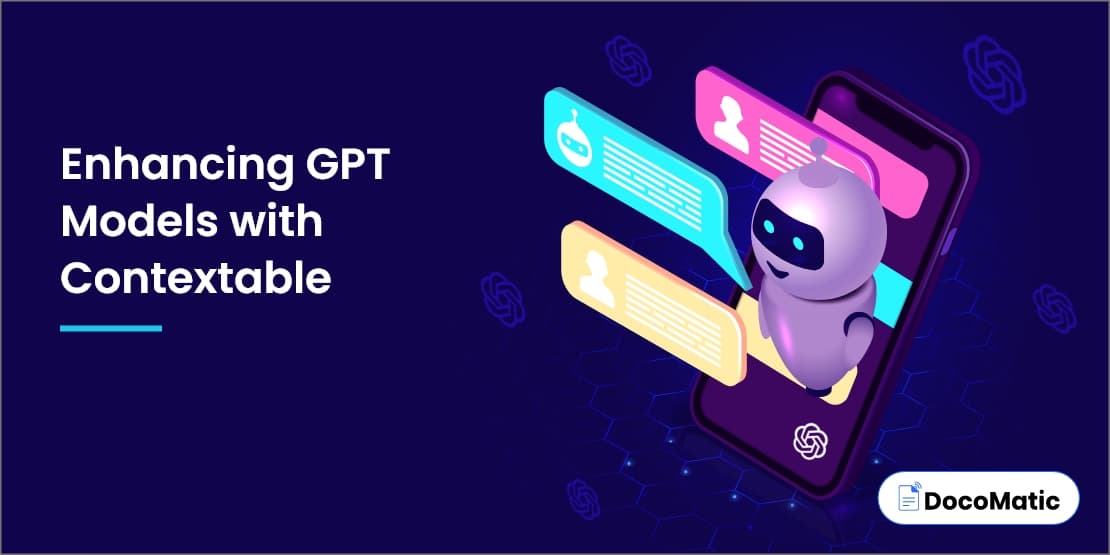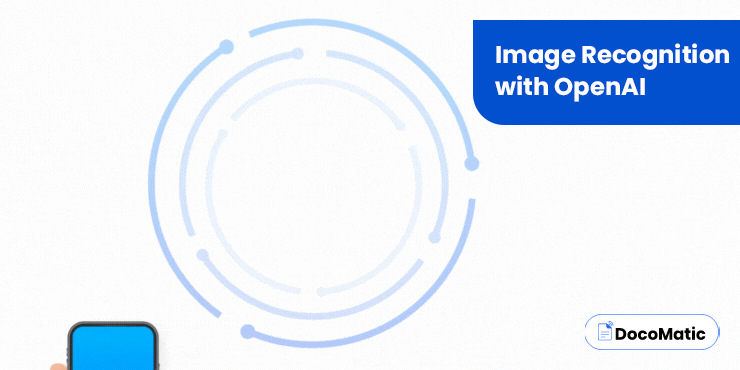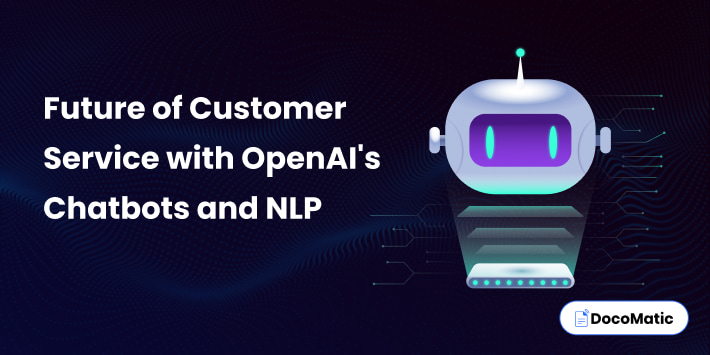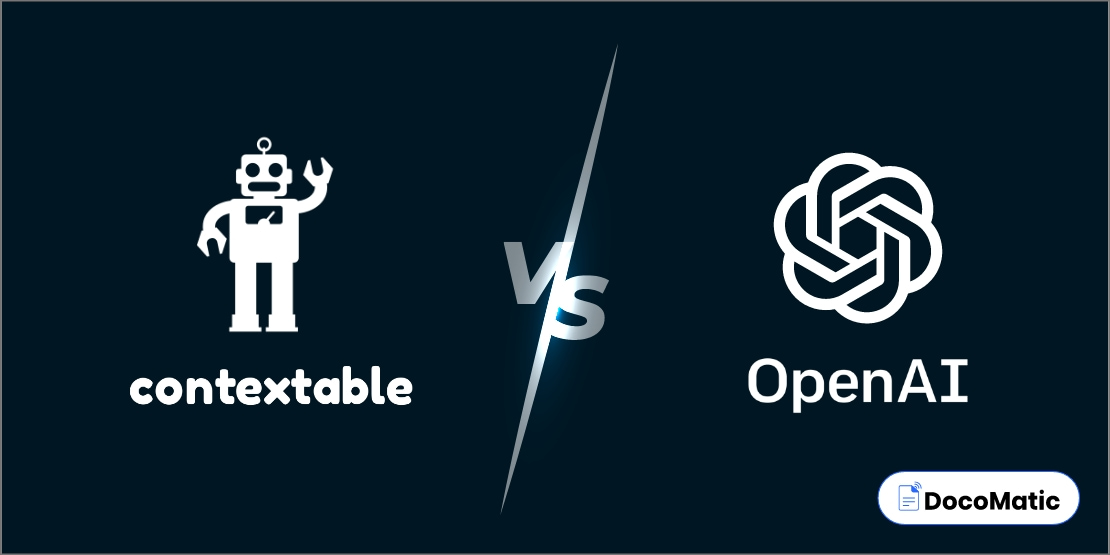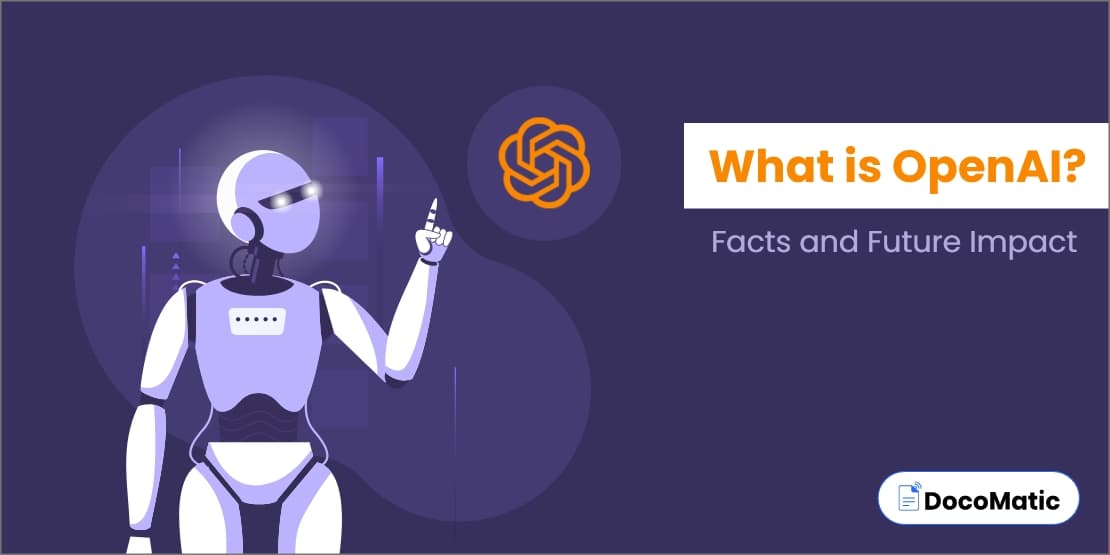If you are an owner of a business, you will always want to improve proficiency, reduce costs, and enhance safety at work.
With the rise of artificial intelligence, OpenAI offers solutions that revolutionize how businesses work. ChatGPT is an AI-powered engine designed to respond to users’ searches and communication with real-time answers better than Google search.
It was launched in November 2022 and has already garnered millions of users. That’s a terrific record in technology.
Sounds great? In this blog, we will explore 7 of the most compelling ChatGPT use cases, each tailored to a different industry or business need.
Before switching to the use cases of ChatGPT, are you aware of what is a chatbot?
So, let’s dive in and see what ChatGPT can do for your business.
Table of Content
7 ChatGPT Use Cases Across Industries
Here are the 7 use cases that may help you understand how human-AI trainers like ChatGPT have helped multiple industries.
Use Case 1: Personal shopping assistant
ChatGPT is used as a personal shopping assistant in the e-Commerce industry to help users find products that match their preferences. By analyzing customer data, ChatGPT suggests products and provides information in just a few seconds, enhancing the customer shopping experience.
With AI, search engines get human-like responses based on human feedback. This can lead to increased customer satisfaction. Another benefit of using the ChatGPT model is the ability to handle multiple queries. This allows businesses to provide quick and relevant information, reducing the wait time for customer inquiries.
Let’s read about one of the well-known outdoor apparel stores in the USA – The North Face.
This apparel and equipment retailer has recently launched an AI-powered shopping assistant that leverages the capabilities of ChatGPT. Pre-trained virtual assistants like these will find answers to customer preferences. They can also receive product recommendations from the AI chatbot with reviews.
This personalized natural language processing has helped the company improve customer engagement and increase sales. The AI models like ChatGPT can be used by busy professionals and understand their preferences and behavior to optimize market strategies further.
Use Case 2: HR management
ChatGPT-3 is considered one of the most advanced NLP models. This tool can be used for HR management to complete specific tasks like resume screening, candidate interviews, and employee training. By automating these tasks, companies can save time and costs while ensuring HR processes are consistent.
With this powerful tool, screen resumes and identify qualified candidates, reducing the time, and resources required for manual screening. The AI assistant is a data enthusiast that helps to conduct the initial interview and asks standardized questions with evaluations.
With this, ChatGPT generates high-quality content to provide on-demand support and resources for new hires or employees seeking professional assistance.
For example, Mya systems, a leading software company, has come up with an AI-powered chatbot called “Mya”. This product is built on the ChatGPT language model to understand the natural language of candidates and recruiters.
Mya has been successful in improving recruitment efficiency and candidate experience for a number of high-profile companies, including L’Oreal, Hilton, and Deloitte. By automating tasks, Mya allows recruiters to focus on more strategic tasks and improve overall hiring outcomes. The use of ChatGPT has enabled Mya to create virtual assistants to generate responses with a personalized experience for candidates.
Use Case 3: Mental health and support
Search engines like Chatbots can also be used to provide medical information and assistance, such as coherent responses, answer questions to any user input, or provide system checkers. This could alleviate some burden on healthcare professionals and provide more quick resources for patients.
By leveraging artificial intelligence and machine learning model, ChatGPT will understand various language inputs in a supportive manner. Such AI systems can provide information about mental health conditions and offer techniques or connect to professionals if necessary.
One example is Woebot Health, a digital mental health company that provides AI-powered therapy chatbots.
Through interaction, the chatbot Woebot offers patients Cognitive Behavioral Therapy (CBT). Woebot uses ChatGPT to evaluate user answers and offer personalized advice and direction to assist users in building coping mechanisms and mental health management strategies.
Millions of individuals worldwide have utilized Woebot, which has been effective in providing scalable and accessible mental health care to users. Woebot’s ability to offer consumers a more conversational and authentic experience has been made possible by the usage of ChatGPT, which has increased its efficiency in enhancing mental health results.
Use Case 4: Content creation
ChatGPT can be used to write marketing materials, blog posts, articles, and other forms of content. Businesses can easily produce high-quality content with the chatbot, saving time and money.
The flexibility to create material on a broad range of topics is one of ChatGPT’s key benefits when used for content creation. Businesses can guarantee that the generated material is correct and relevant by training the chatbot on specified domains.
ChatGPT is a useful tool for companies doing business in foreign markets since it can be used to produce material in many languages.
To ensure that ChatGPT-generated content satisfies the required quality requirements, it may be necessary to evaluate and edit it by humans.
Use Case 5: Education and training
ChatGPT can be used for a variety of educational and training functions, including responding to student inquiries, providing assignment feedback, and developing personalized study schedules. By automating the learning process, educators may focus on more time-consuming responsibilities like curriculum creation and teaching.
For instance, ChatGPT can respond promptly and accurately to frequently asked queries from students. Also, ChatGPT’s reinforcement learning can offer feedback on assignments, pointing out areas that need work and recommending resources for more in-depth study.
Moreover, ChatGPT can build custom study plans based on information about student performance, including recommendations for development that are more specific.
OpenAI is a perfect example of a business employing ChatGPT for teaching and training. GPT-3, a language model created by OpenAI, has been applied in numerous training and educational applications.
On the OpenAI website, there is a course on fine-tuning AI language models, which is one such use. The course shows learners how to customize GPT-3 for a particular goal, such as building a chatbot or producing prose in a given style. ChatGPT is used in the course to give students human feedback and direction as they complete the activities.
GPT-3 has also been utilized in numerous other training and educational applications, including language instruction and computer programming. These apps are now more personalized and adaptable thanks to the use of ChatGPT.
Use Case 6: Language translation
ChatGPT is a useful tool for companies doing business in international markets since it can be utilized for language translation. ChatGPT is able to accurately translate text between several languages by making use of its NLP capabilities.
Using ChatGPT for translation has a number of benefits, including its capacity to handle complicated sentence patterns and idiomatic idioms. This makes it possible for translations to be more accurate, enhancing communication and minimizing misunderstandings.
ChatGPT is a useful tool for companies working in specialized sectors since it can be trained to recognize certain industry languages and jargon.
The startup Lilt is one instance of a business employing google search ChatGPT free for translation. Lilt offers enterprises AI-powered language translation services, and ChatGPT helps the company’s translations be more precise and effective.
Lilt’s system combines interactive machine translation with neural machine translation, using ChatGPT to give long data sequences and feedback and direction to human translators as they work.
Use Case 7: Finance sector
Customer service:
ChatGPT can offer customers of financial institutions round-the-clock customer service. Clients can inquire about their accounts, transactions, credit scores, and other financial matters, and ChatGPT can respond with prompt and precise information.Fraud detection:
ChatGPT can support the financial sector in identifying and preventing fraud. ChatGPT, for instance, can be taught to spot trends in financial transactions that point to fraud. When ChatGPT notices questionable behavior, it can notify human analysts so they can look into it more thoroughly.Investment guidance:
ChatGPT can offer customers individualized investment guidance. ChatGPT can suggest investment strategies and particular investment products based on a customer’s investment objectives, risk tolerance, and other variables.Underwriting loans:
ChatGPT can make the process faster and more precise. To establish a borrower’s creditworthiness, for instance, ChatGPT can be trained to examine financial information and credit scores. Financial institutions may be able to decide on loans more quickly and accurately as a result of this.
Frequently Asked Questions
An extensive range of industries, including customer service, e-commerce, healthcare, education, HR management, and content development, to mention a few, can benefit from ChatGPT.
Yes, ChatGPT can be taught to comprehend and answer in several languages, making it a useful tool for cross-cultural conversation and translation.
The capability of the data that ChatGPT was trained on determines how accurate its responses are. ChatGPT can attain great levels of accuracy with the correct training data and continuous development.
ChatGPT employs sophisticated (NLP) techniques to interpret user inquiries and provide responses that are more conversational and human-like than standard chatbots that rely on prepared scripts and responses.
You will need to collaborate with a group of skilled developers and AI specialists who can assist you in training and integrating this AI tool, ChatGPT, into your business operations, like social media marketing, in order to implement it.
Indeed, ChatGPT can be an excellent choice for small businesses since it provides adaptable and cost-effective solutions for a range of use cases, including customer assistance, HR administration, and personal shopper services. Small firms can enhance their operations, boost productivity, and deliver better customer service by utilizing ChatGPT.
It is possible to link ChatGPT with other software programs, including CRM systems, HR management programs, and e-commerce platforms. Businesses may streamline their procedures and enhance consumer communication thanks to this connectivity.
Yes, ChatGPT analyzes client interactions and learns from them using machine learning techniques. When it interacts with clients more frequently, it improves its ability to anticipate and respond to their needs. This can aid companies in delivering better customer service and improving general client happiness.
Conclusion
We encourage readers to think about how they may apply ChatGPT to their specific business requirements. Companies must keep up with the newest technology and techniques accessible to them, given the rise of artificial intelligence and machine learning. Business operations can be made more effective, accurate, and customer-focused by integrating ChatGPT.
We hope it has given you insightful information and motivation to use this technology for your own company.
